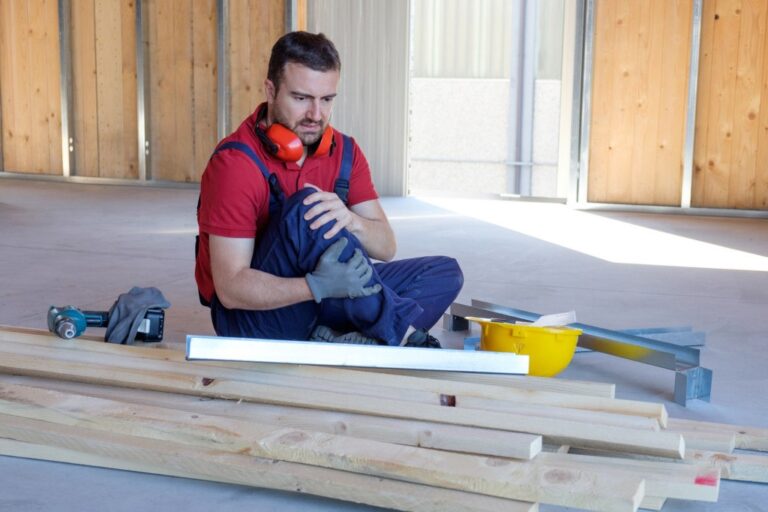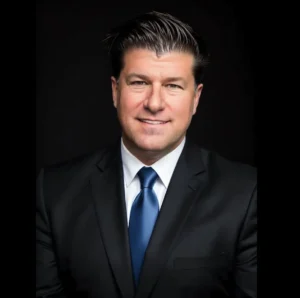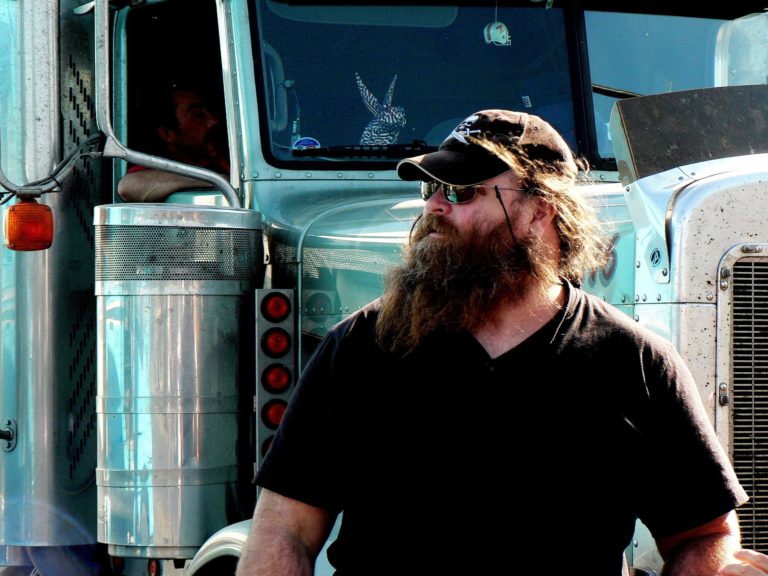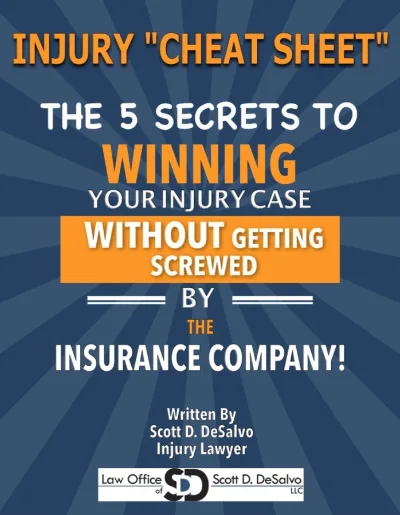
Workers Compensation Case? What To Know If You Got Hurt At Work Or Have A Work Injury Case.
In Illinois, a Chicago personal injury lawyer usually handles a worker compensation case. Many personal injury lawyers only handle ‘third party’ cases — meaning cases which go to the Courthouse.
But Workers Comp cases should only be handled by lawyers who know the specific rules in work injury cases. Workers Comp case rules and procedure are completely different. Simply, if your lawyer doesn’t know the rules, he or she may not be the right lawyer for you if you have gotten hurt at work.

There’s some confusion about how these cases work, but most of them follow a uniform process.
The Illinois Workers’ Compensation Commission sets the procedure, which starts with the employee or employer filing a claim. And you can learn more straight from the source on their website. There are guides and rules and a very good Q&A section. It is written so that average folks can read it and understand how it works, but some if it is a little complicated. You can find that link here.
A workers’ compensation case starts with by filing an Application for Adjustment of Claim at the Commission. This costs nothing. Also, if a lawyer represents you, they have to file the Attorney Client Agreement. The attorney fee in Workers Comp is usually 20%, unless there is already a written offer on your case. A Chicago personal injury lawyer can help you prepare these documents correctly.
If the Workers Comp insurance held by your employer agrees that you were hurt and is paying for your medical bills and time off work, then lawyers cann this an "Accepted" case. Just be aware that just because a case is "Accepted" right now does NOT mean that they will not change their mind in the future.
That can include an imaginary or frivolous reason for ending your beenefits nad paymens, even if you did nothing wrong. I see it all the time in the typical Workers Compensation case. Just because they are paying now doesn't mean they aren't setting you up to defeat your claim.
When there’s a Disputed claim, first a hearing is requested by the employee or employer.The Arbitrator assigned to hear the case has a Calendar, and the lawyer requesting the hearing has to pick a date that is good for the Arbitrator or Judge. Not much can happen until the patient has been diagnosed.

Doctors really do control how an Arbitrator evaluates a case. That’s why it is important to have a good doctor who is on your side.
Only a doctor is allowed to give an opinion on the following:
As you can see, these are important aspects of a Workers Compensation case. That's why you must have a doictor on your side if you got hurt at work. Using the Company Doctor is not a good idea.

While the case is in arbitration, hearings will be scheduled on a rotating basis every three months. If the case is less than 3 years old, it is considered “below the line” — which means that the case is not immediately set for trial while parties gather evidence and the injured worker heals and gets necessary medical care.
Until the case is resolved, or moves to trial, there will be a status call every three months on the case. After three years, the case is automatically considered ready to try or to be resolved. If lawyers do not attend the call, the case could be dismissed.
Workers Comp trials are less involved than ‘third party’ cases which are tried before a Judge and Jury. Workers Comp trials are more streamlined and some can be over in 20 minutes.
After the trial, a decision is issued within 60 days. The Illinois Workers’ Compensation Commission handbook notes that by the time a hearing goes to trial it is normal for one to two years to have passed.

The process sounds simple enough, but it is complicated by mounds of paperwork. All the forms necessary for filing a claim are available on the Commission’s website. But filling them out correctly and making sure your trial submission is filled out correctly can be a challenge.
Most cases will last at least a year unless a 19(b) or 19(b-1) hearing is requested. In 19(b) and 19(b-1) cases, the Commission must make a ruling within 180 days. However, this is a tough process to navigate without a Chicago personal injury lawyer. Filing a 19(b) or 19(b-1) has many technical requirements.
Worker’s compensations cases usually revolve around a few different issues.
All of the items above are illegal under the Workers’ Compensation Act. If you suspect your employer of violations, you need to enlist the help of a Chicago Workers Comp lawyer.
Would you like to know more about how workers compensation cases work? Click here!
If you or a loved one is dealing with a situation like this, give us a call any time, day or night. We are here to help. 312-500-4500
>> Go To Main Topic Page


Scott DeSalvo founded DeSalvo Law to help injured people throughout Chicago and surrounding suburbs. Licensed to practice law in Illinois since 1998, IARDC #6244452, Scott has represented over 3,000 clients in personal injury, workers compensation, and accident cases.
No Fee Unless You Win | Free Consultation | 24/7 Availability Call or Text: (312) 500-4500
>>Read More
Main Office:
1000 Jorie Blvd Ste 204
Oak Brook, IL 60523
New Cases: 312-500-4500
Office: 312-895-0545
Fax: 866-629-1817
service@desalvolaw.com
Chicago and Other Suburban Offices
By Appointment Only